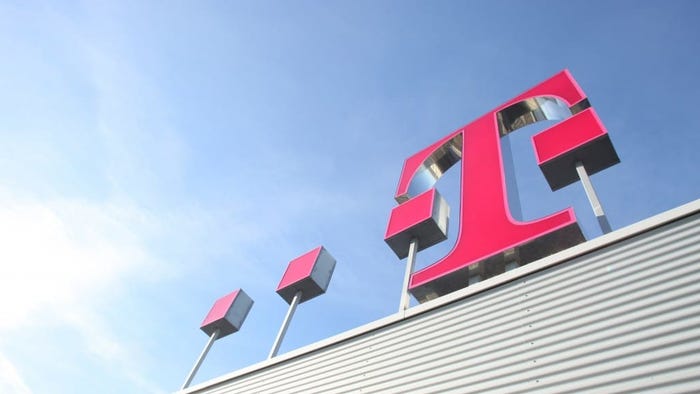thumbnail
5G & 6G
T-Mobile lands Delta Air Lines 5G contractT-Mobile lands Delta Air Lines 5G contract
As part of a long-term deal Delta will move more than 60,000 lines to T-Mobile and deploy a 5G hybrid network at its Atlanta headquarters.

As part of a long-term deal Delta will move more than 60,000 lines to T-Mobile and deploy a 5G hybrid network at its Atlanta headquarters.